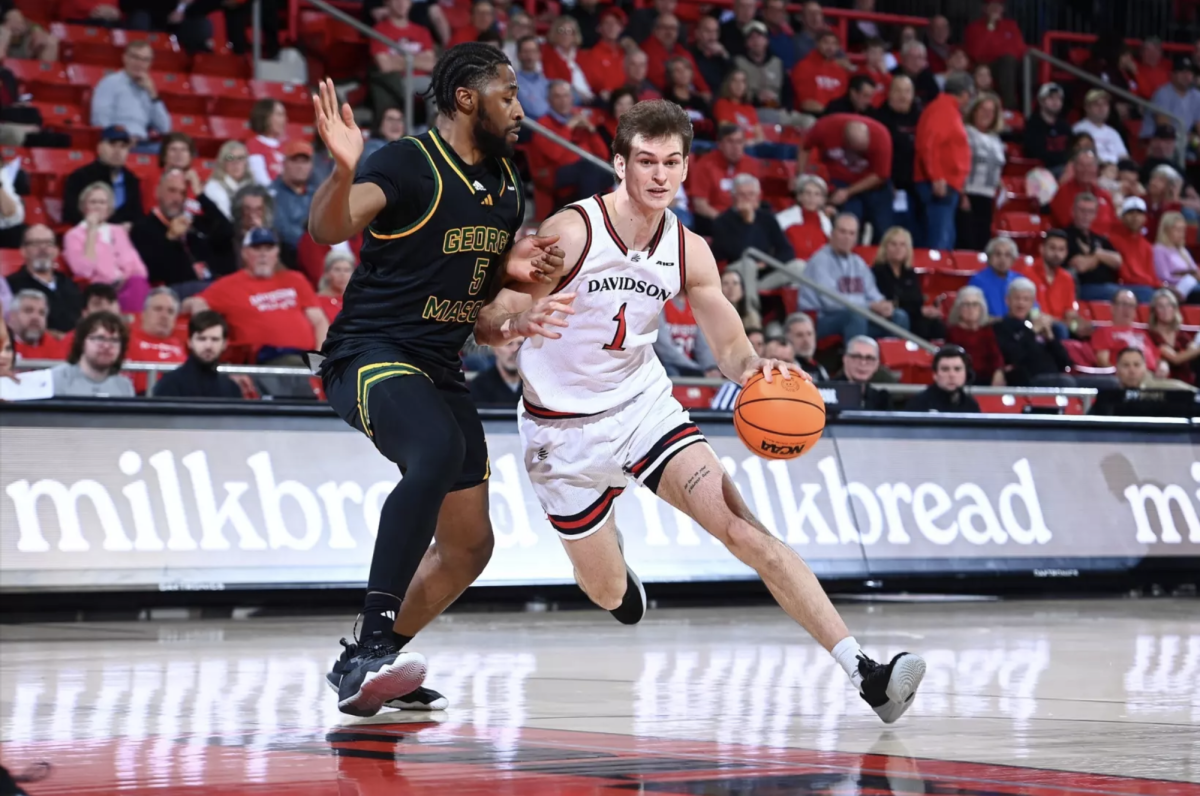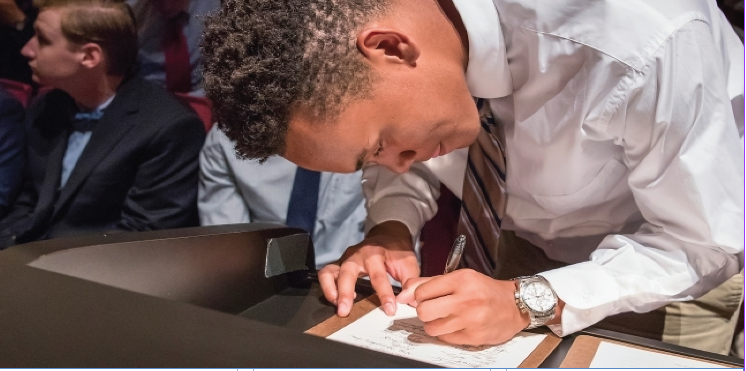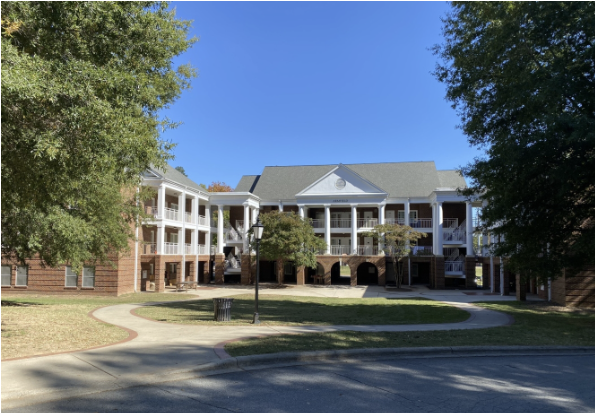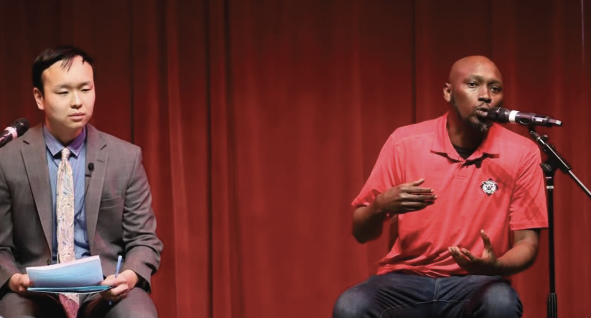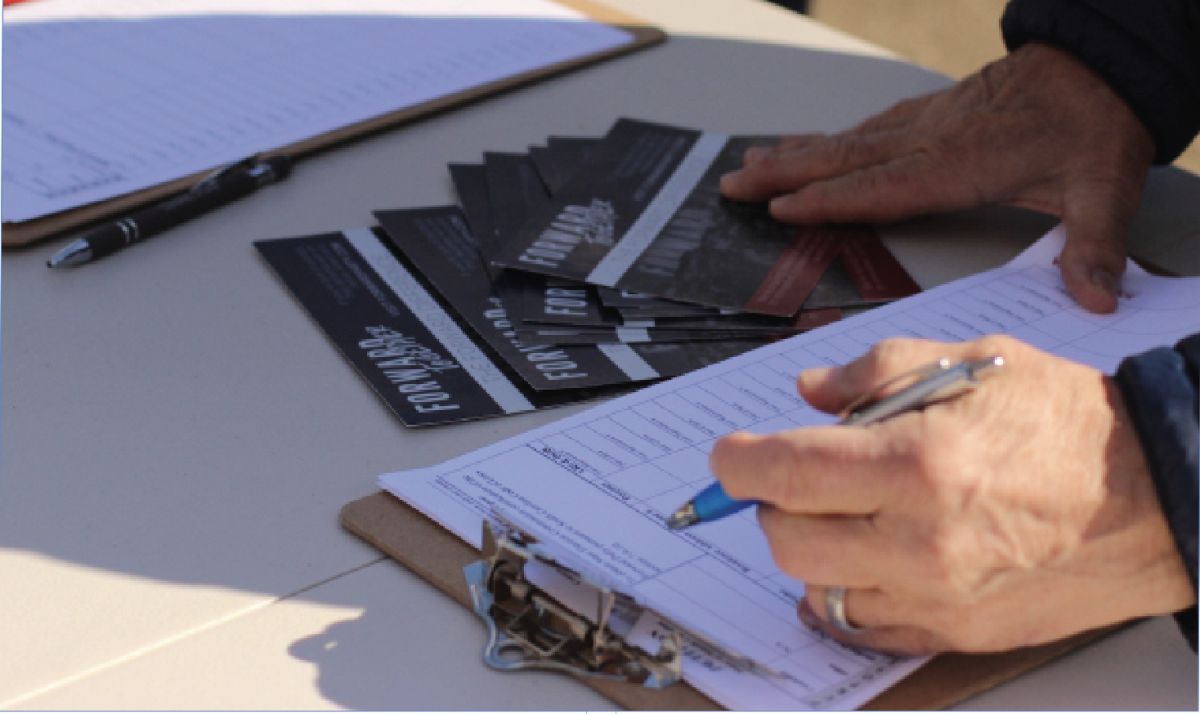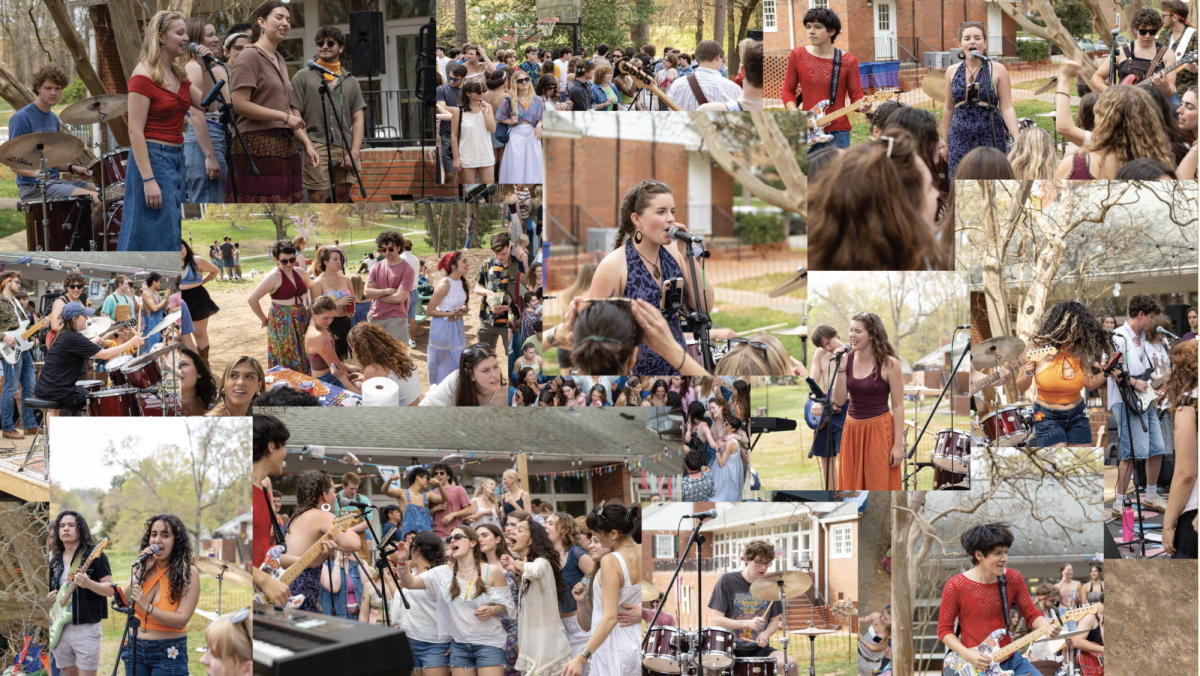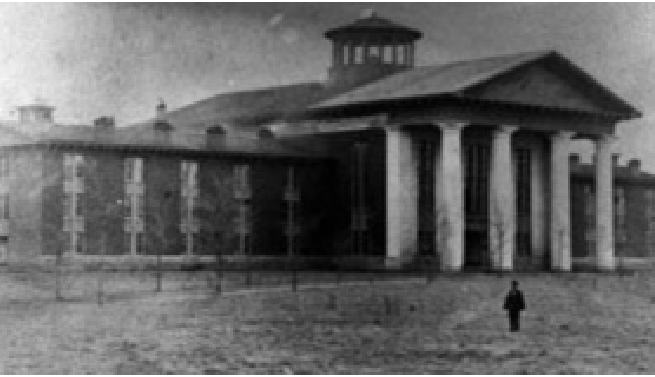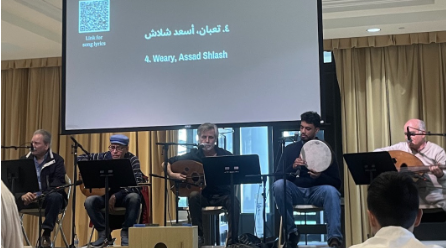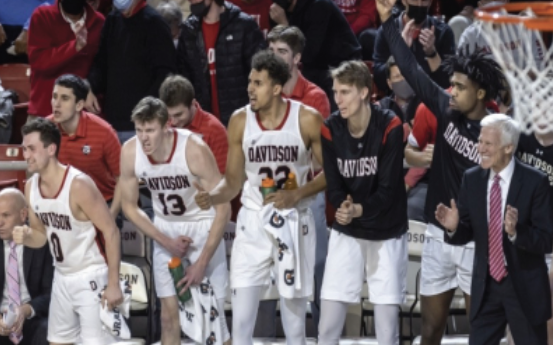The Davidson student body rallied to have another “Hoedown Throwdown” this weekend, not letting their clear disconnect from the lived experiences of the origins of bluegrass stop them from attending a WALT party. Members of the student body of the $80,000-a-year school flocked to Erwin Lodge to dress up for the night, pretending that they had been taught how to line dance while growing up. “Oh boy, just wait until I tell my friends from boarding school about this experience,” a local freshman, excited they could relate to what they apparently thought of as the North Carolinian experience, said.
“It just felt so real and authentic with that band. All of my friends from the New England Preparatory School will be so jealous when they hear about this event!” a local third-generation Davidson student reported to us.
Davidson students were also overjoyed to hear that the Asheville Mountain Boys (who were clearly not at all generalizing about their experience of being rural and in the mountains as a result of living in the largest metro area in the Western part of the state) were teaching people how to line dance. “I always thought I could learn a thing or two from going to school in the Southeast,” a student who just got back from a trip to Telluride said. “I feel so intertwined with the local culture in the area around campus now.” [Editors’ Note: Davidson has the highest housing cost of anywhere in the entire state] When asked if they knew how to clog, several students were entirely unaware of what that even meant. “Another version of line dancing? How creative! I had never even heard of this practice. What a great community! I have got to learn how to monetize this, perhaps even work it into a Gamut dance to make it find mainstream success,” a student whose parents own an energy company famous for strip mining the Appalachian Mountains declared.
Several students were relieved to hear that they actually did enjoy bluegrass and country music after all, despite their initial apprehension. “I normally don’t care for this style of music. I feel like it naturally brings bad politics that I don’t agree with,” a self-professed progressive from the West Coast who had never heard a country song that wasn’t in the Spotify Top 40. “This land is your land AND this land is my land? That just doesn’t make sense to me. Pretty elitist that Woody Guthrie thinks we need to own land if you ask me.” That same student, who we later overheard talking about their parents meeting while at Northwestern, went on to critique the working class origins of bluegrass. When we asked more students for their thoughts on the political power of the genre, they all seemed to largely agree. “I just can’t stand those rabble-rouser songs like ‘Which Side Are You On?’ That feels a bit divisive to me,” a student with a trust fund the size of an endowment of a local community college said. “I just don’t feel comfortable with those protest songs. I bet they were opposing really progressive ideas, you know, because of the area.” The student was reportedly unaware of the pro-union claims in the songs. “I really just think the glorification of coal miners is so problematic. How come they didn’t have any songs about organizing for sustainable energy?” the student said upon googling the impact of the Coal Wars on this style of music. “When we talked about it in my weekly nonviolence education course, we decided that that was a simply uncouth way to ask for new wages.”
Reports of attempts to capitalize on the success of the event were met with mixed results, and the next proposal, a traveling rodeo visit, received pushback from many of the WALT and DO organizers. “I am just opposed to the rodeo because of that style of animal treatment,” a future private equity consultant said. “That is an unethical way to treat those animals. I don’t get how those yokels can find this fun at all,” another future prosecutor planning on going into law school said. “That just isn’t a sustainable, nor ethical, way for those communities to have fun,” the student whose tuition was being paid for by their parents’ investment portfolio in both meatpacking and land acquisition in the Great Plains said.

